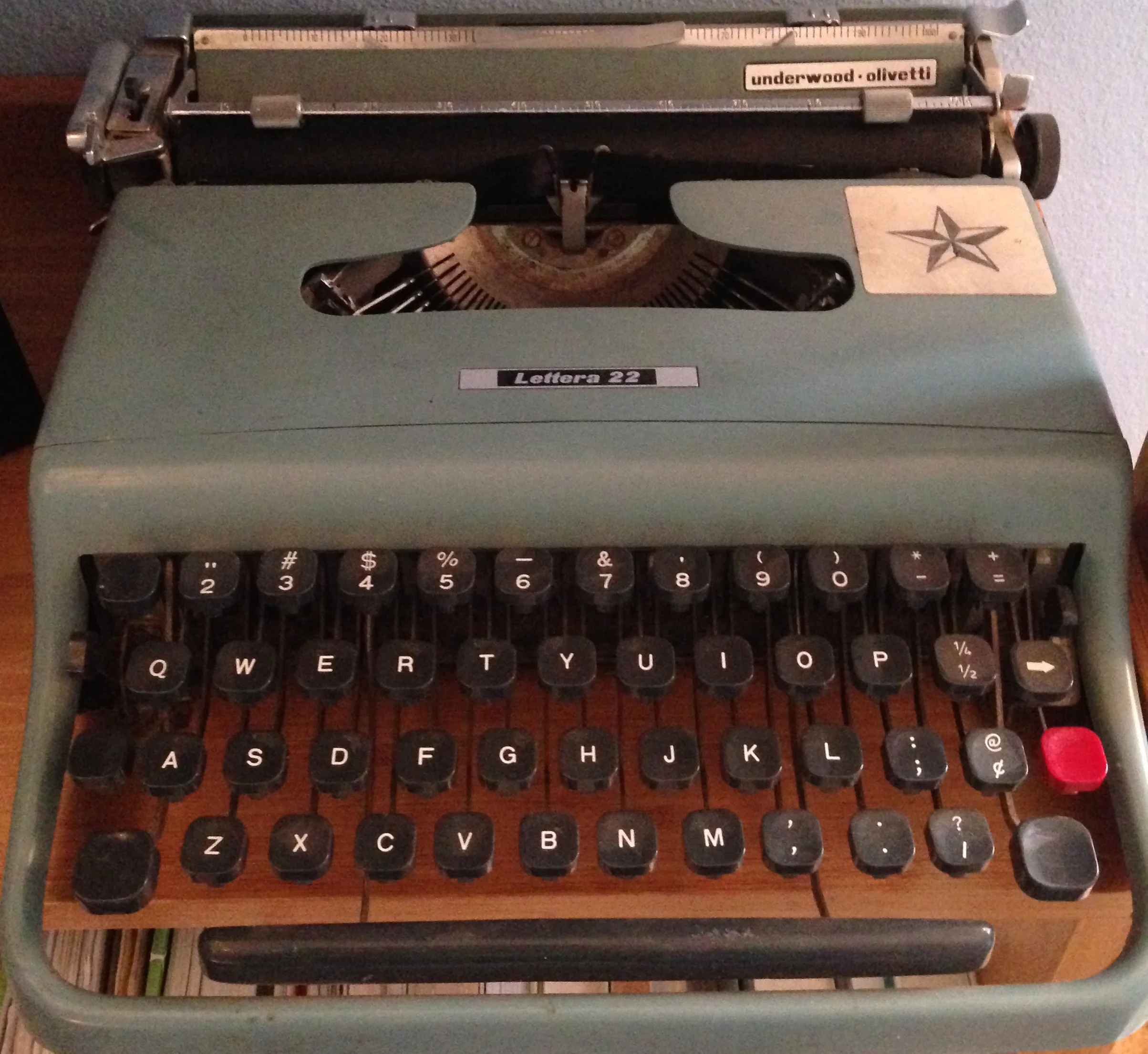“People are just as wonderful as sunsets if you let them be. When I look at a sunset, I don't find myself saying, "Soften the orange a bit on the right hand corner." I don't try to control a sunset. I watch with awe as it unfolds.” - Carl Rogers
It’s raining today. A soft shower that soaks an already saturated ground. Winter in Portland and I’m finding that once again this external world is so aptly reflecting my internal world. Saturation has become commonplace these days: a soaking through of concepts, ideas, theories, and ideologies. The life of a graduate student, I suppose.
I ride the bus in to my office in the city, a half hour respite during which I do nothing but stare out the window and listen to podcasts. Recently, a story on This American Life gave me pause. It was a story about a young woman who had been sexually assaulted. In the course of the investigation, however, many people (including those closest to her) expressed doubt as to her truthfulness. So much so that the case was eventually dropped. To add insult to injury, she was then accused of false reporting. I won’t get in to the conclusion, which is both satisfying and disheartening, but hearing this story made me think about an article I read on the Existential Therapy approach to trauma. One of the main principles of this approach is Radical Validation.
I read this article, nodding along vigorously and underlining with wild abandon, until I came to this section. Radical Validation. It is not that I don’t agree with the concept, far from it really. It is that I am saddened and surprised that entire articles need to be devoted to a concept such as radical validation. Have we really become so afraid of wounds (ours and others), so obsessed with doing something that entire articles need to be written about the importance of validating someone’s experience, the importance of honoring someone’s story without immediately trying to shy away from it, shame it, or deny it?
I do not believe in a top down approach. I am egalitarian to the core. Maybe it’s my Libra tendencies, this need for equality. Or maybe it is simply that I believe that everyone has a story to tell. Everyone has an experience and just because I may disagree with their experience doesn’t mean it’s not true. And beyond that, even if factually it is untrue, our brains are so complex that the line between reality and fantasy can become so blurry, so fuzzed over that it can be hard to distinguish between the two. And yet, we don’t take the time to listen to one another. We spend our time crafting our response, rather than hearing what someone else is saying. We prepare our defenses or design our own stories, without really paying attention to what is happening for the other person.
To have radical validation we first need to listen, really listen to one another. This listening doesn’t mean we have to agree, it just means we are willing to sit and hear another’s story. We all have our wounds. And we all hurt and mend in complicated, sometimes unfathomably damaged ways. But when we listen to one another, we give those wounds a chance to breath. We stop digging at them; we stop making them deeper, more entrenched. We see one another, in all of our pain and complexity. And we pause here, in the listening; we sit in this still place together just for a moment. It is here that we see each other, here that radical validation occurs, here that we can say, “I see you. I hear you.” And in that brief moment, even if only for a breath, the nervous system can settle, the defenses can quiet and for that one moment we can stop working so hard at damming up our traumas and pain.
Carl Rogers, the daddy-o of Person-Centered Therapy said it so precisely, “I hear the words, the thoughts, the feeling tones, the personal meaning, even the meaning that is below the conscious intent of the speaker. Sometimes too, in a message which superficially is not very important, I hear a deep human cry that lies buried and unknown far below the surface of the person. So I have learned to ask myself, can I hear the sounds and sense the shape of this other person's inner world? Can I resonate to what he is saying so deeply that I sense the meanings he is afraid of, yet would like to communicate, as well as those he knows?”
Beneath the theories and techniques and speculations on mental health, mental illness, and psychology lies one seemingly inalienable truth: no one gets out unscathed. Trauma, suffering, grief, heartbreak, these are unavoidable realities of this existence. Can we wear our scars and battle wounds as doors to compassion? Can we not shy away from the immeasurable grief that accompanies this existence, and instead invite it to the table, listen to it, allow it a space of full existence, and in such a process wrap it in scarves and shawls of compassion?
I have a solar powered prayer wheel that sits on my desk. It spins at any amount of daylight. It spins even when it’s cloudy and raining, as if, even today, it knows that there’s something else beyond this persistent soaking rain. That sounds about right to me.
